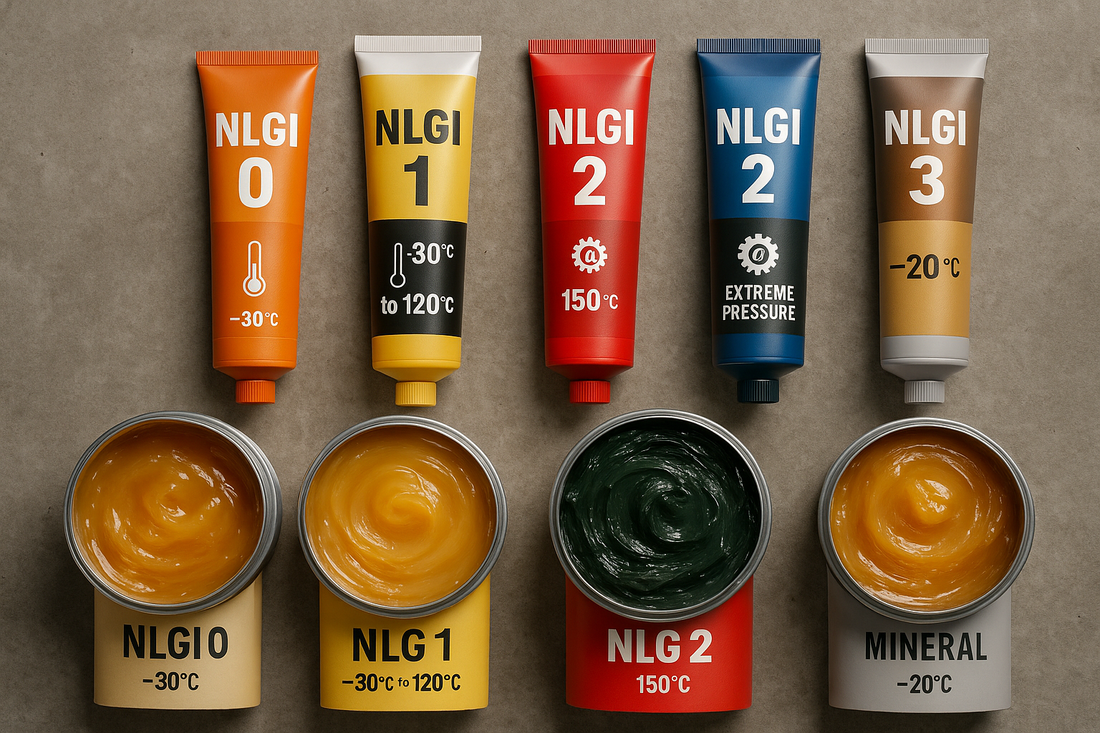An all-purpose grease isn’t always the right choice. Does your grease make the grade?
How to Choose the Right Grease for Your Equipment
Just as joint fluid allows our elbows, hips, shoulders, and knees to bend without bone grinding against bone, oil and grease prevent metal-on-metal contact in moving parts of heavy equipment.
Proper greasing of your machines can extend their lifespan and enhance performance. This not only requires regular greasing, but also selecting the right type of grease.
When choosing grease, it's important to understand that not all types are the same, even if one option seems more convenient for inventory purposes. Always refer to the recommendations in your owner's manual, if available. These recommendations may sometimes be vague, so here are some tips to help you select a high-quality grease:
Match the Grease to the Season
Grease comes in various levels of viscosity, or thickness. Grease with high viscosity performs well in summer as it tends to thicken in hot weather. Conversely, low-viscosity greases are better suited for winter conditions. Synthetic grease can be a great option for both cold and hot temperatures, as it is resistant to extreme conditions.
Consider Grease for Extreme Pressure
Many heavy equipment models are designed for extreme pressure operations, such as those involving heavy stress and shock loading. For these applications, manufacturers often recommend grease with a molybdenum disulfide (commonly known as "moly") additive. The moly penetrates even the smallest machining marks on pins and bushings, preventing them from making contact.
Use Different Greases for Different Parts
The operating temperature of a machine's working components also matters. For example, brakes that experience high operating temperatures but are otherwise cool can use a less viscous grease. In contrast, parts that maintain consistently high temperatures during operations may require synthetic grease for optimal performance.
Choose Marine Grease for Wet Conditions
If your work involves equipment that is consistently exposed to wet conditions, marine grease is often the best choice. Many marine greases contain lithium complex thickeners, protecting both saltwater and freshwater. Additionally, most marine greases can also withstand extreme pressure.
Purge Before Switching Greases
Before using a new grease, it may be necessary to purge the old grease from the equipment to avoid incompatibility. This purging can be done through a combination of degreasing and pressure washing.
Conclusion
Properly greasing machines is crucial for prolonging their lifespan and ensuring efficient operation. Making informed choices about the right grease is a smart move!

